The Healthy Eater’s Guide to Pantry Staples

Aside from fresh fruits and vegetables, healthy eaters know how important it is to stock their kitchens with other nutritious foods that are less perishable. If you want to commit to healthful eating, making it easy to eat well with a well-stocked pantry is your key to success.
So what are the foods every healthy eater should have on hand?
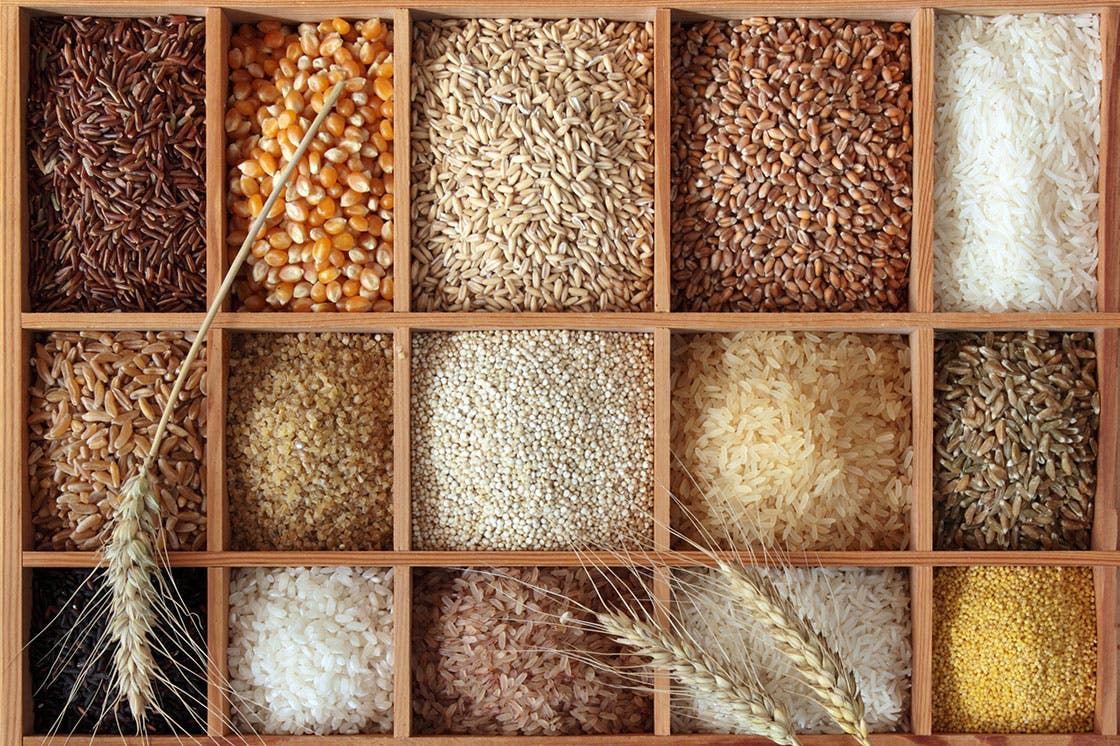
Whole Grains
Quinoa, rice, oats, barley, millet, teff, and farro—that is just a sampling of the healthy whole grains that can be kept fresh in your pantry for a very long time. Many grains take 30 minutes or fewer to prepare and can easily be added to a meal. Cooked grains freeze well, so in addition to having uncooked grains in my pantry, I tend to keep frozen ones in the freezer for days when I don’t feel like cooking.
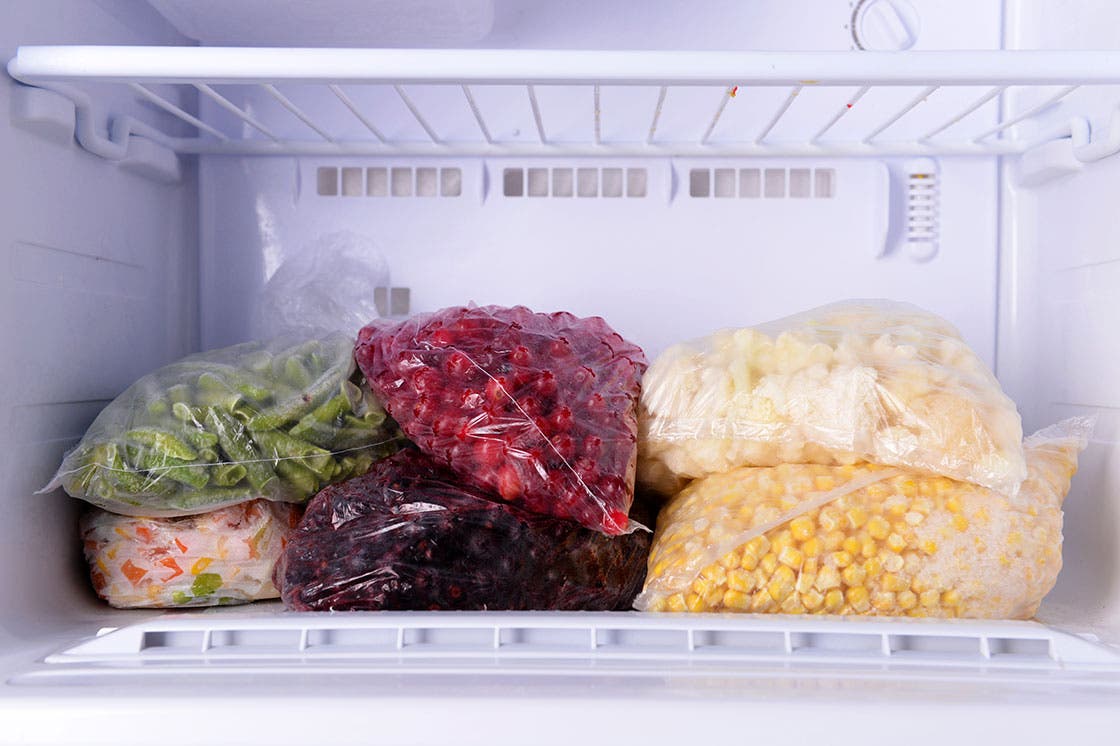
Frozen Vegetables and Fruits
Yes, frozen foods are an important part of healthful eating! Frozen fruits and veggies are major time-saving foods: you can quickly make a meal from frozen vegetables, legumes, grains, and seasonings, with no cleaning or chopping necessary. Because fruits and vegetables are usually frozen at their peak of freshness, they maintain many of their fantastic nutrients.
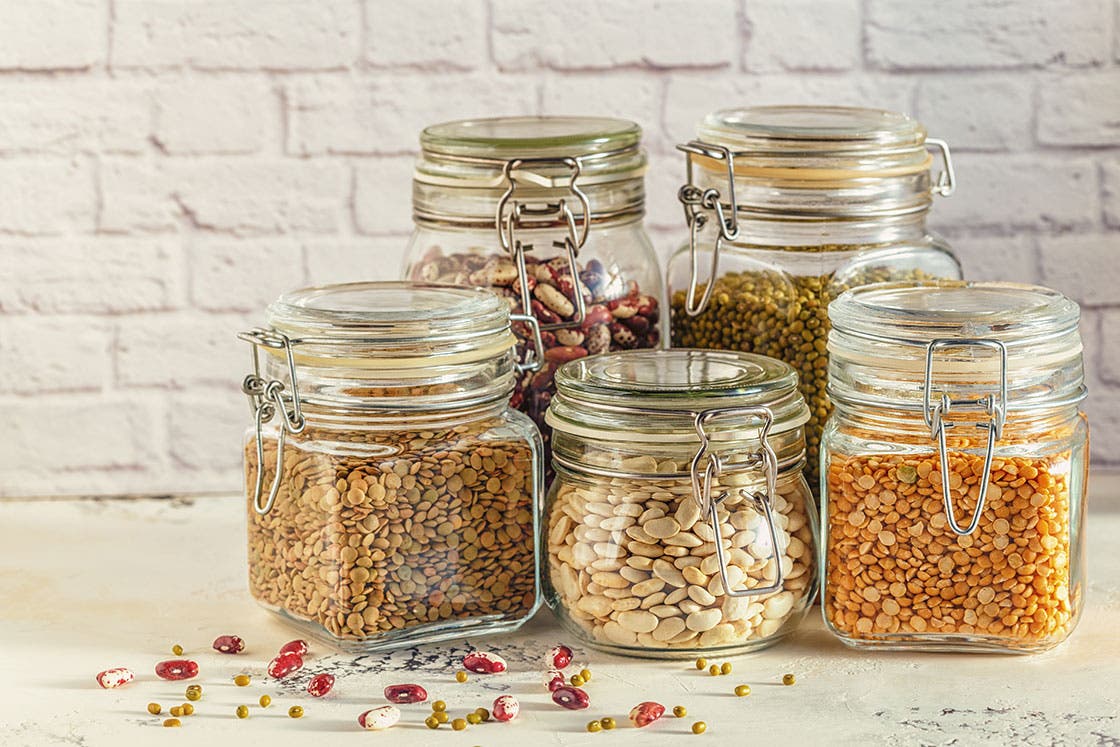
Legumes
Beans are a beloved part of most veg diets. They’re remarkably versatile and full of fiber, protein, vitamins, and minerals. I like to keep dried beans, canned beans, and frozen cooked beans in my kitchen—that way I’m never without a quick nutrient-packed ingredient to add to meals or to eat as a snack! Lentils are another fantastic legume. They don’t require soaking, and cook up in fewer than 30 minutes. They’re also known for being easier to digest than other beans. Definitely keep them in your pantry!
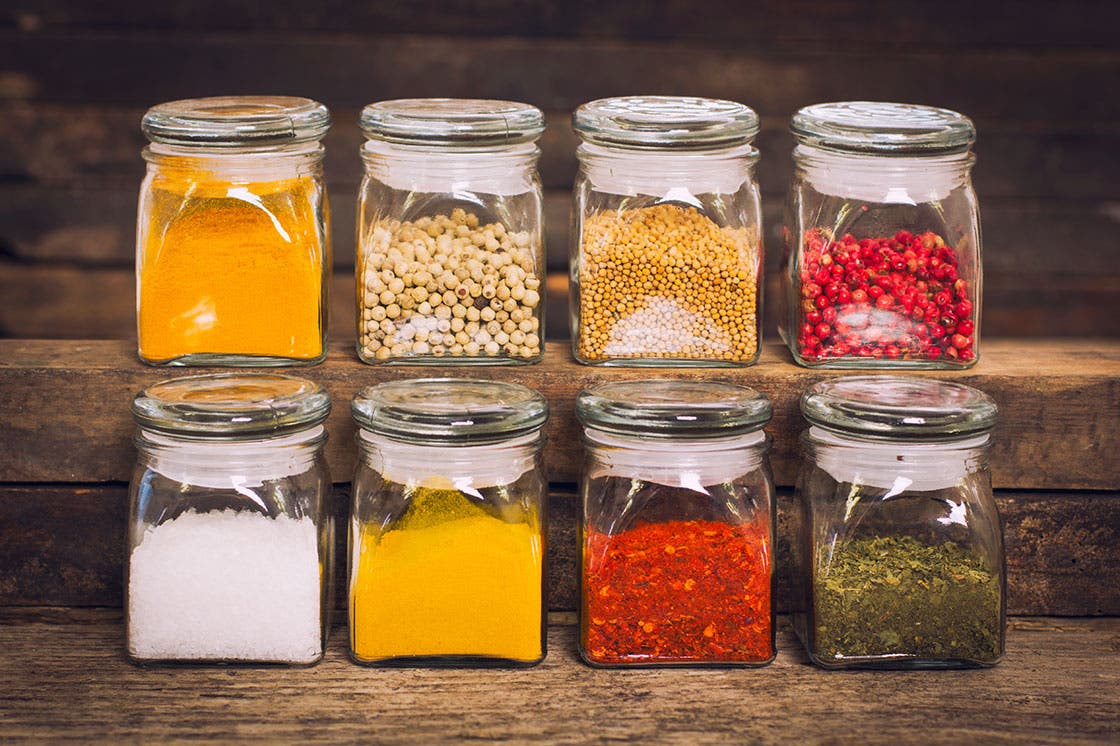
Spices and Condiments
My top priority when helping people adopt a healthy vegan diet is to show them how to make food delicious. When it doesn’t taste good, healthy eating is not sustainable. Spices and condiments will take your meals to the next level. Experiment with new recipes. Some of my favorites are coriander, cumin, fennel seeds, Ethiopian berbere, fresh ginger, tahini, olives, harissa, and miso. Just make sure that you’re buying spices and condiments that don’t have added preservatives, coloring, flavoring, or sugars.
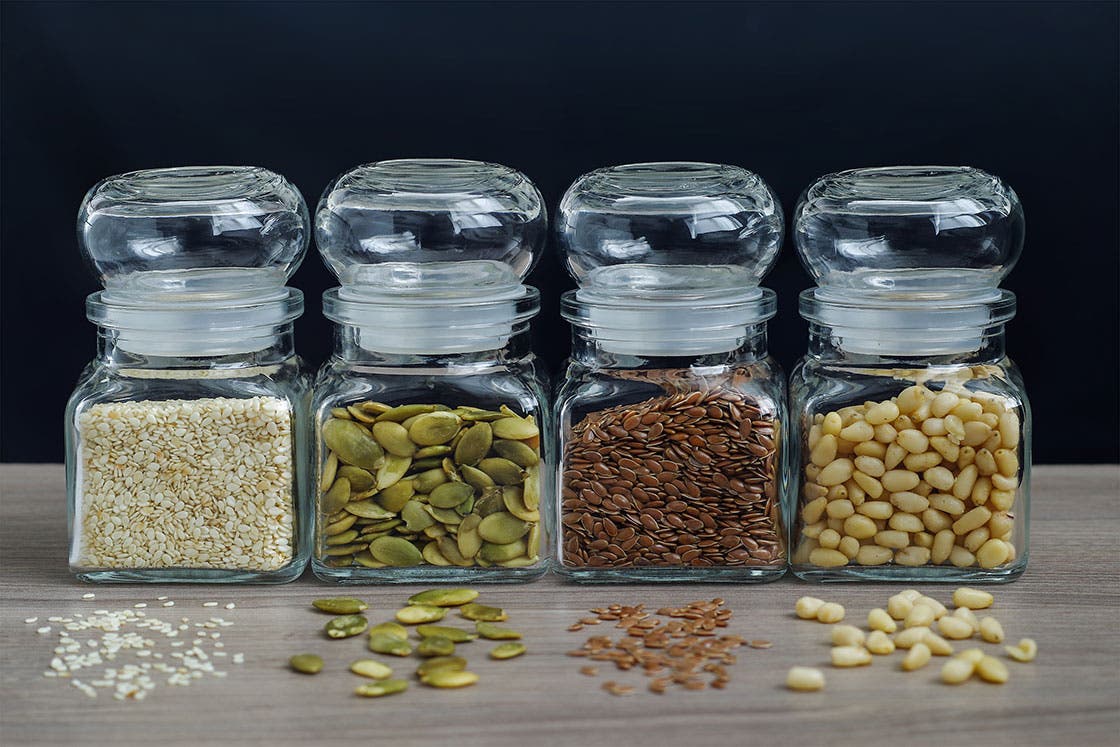
Nuts and Seeds
Nuts and seeds make the perfect energy-boosting snack and are a tasty addition to meals. I add walnuts to my morning porridge, eat almonds for a snack, and sprinkle pumpkin and hemp seeds on my salads, cooked veggies, and pilafs. Nuts and seeds provide us with important trace minerals, antioxidants, fiber, protein, and healthy fat.